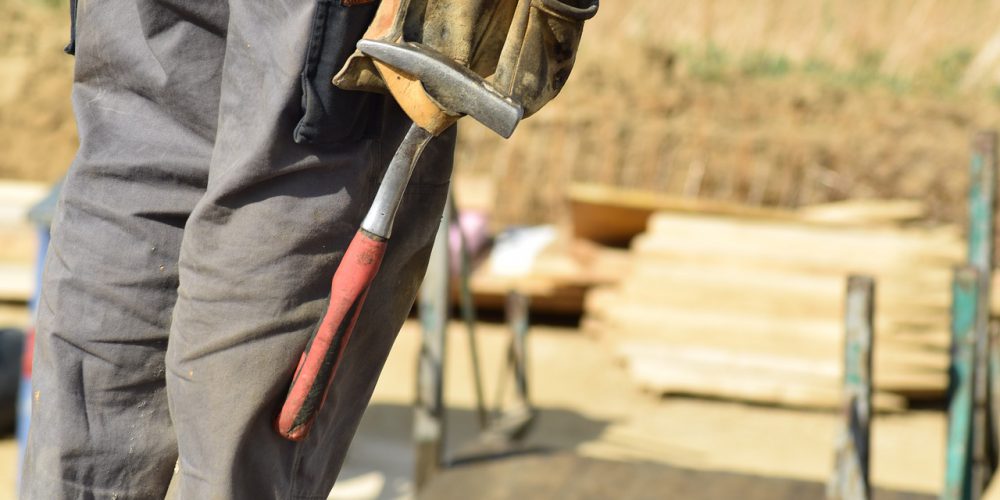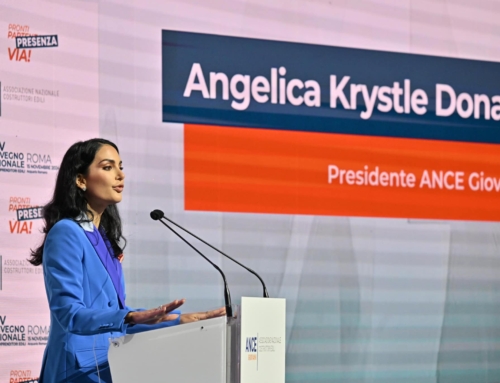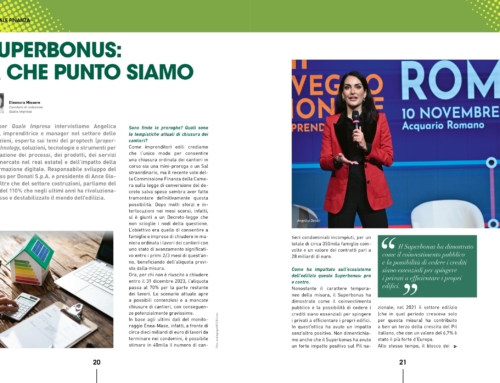Globally, the construction industry is responsible for 40% of CO2 emissions and produces a third of all waste, ranking among the most polluting industrial sectors in the world. In Europe, more specifically, about 30% of the 2.5 billion tons of waste produced is attributable to the construction sector and it is clear that in the long term, these percentages are not sustainable.
Circular construction: a must-do
In the reversal of the trend, innovation and digitization will certainly play a fundamental role and for this reason it is essential that technological skills become widespread assets in companies in the sector. In terms of innovation, the construction sector is one of those that have always occupied the lowest positions in the rankings, but for a more sustainable building model to be established it is necessary that companies open up to digitization and integrate within their processes Innovative thrusts.
Nowadays, circular building is no longer a choice, but a necessity, essential both to preserve the competitiveness of the sector and because in the future attention to the environment will be an essential element for healthy economic development. Fortunately, the process of transformation from a linear to a circular economy is already underway, despite the fact that we cannot yet speak of a paradigm shift: according to Eurostat data, in fact, the European average rate of waste recovery is 39%. , circular economy does not only mean reusing waste within the production cycle or reusing materials apparently at the end of their life span: to reduce their environmental impact, companies have at their disposal a multiplicity of different strategies, which vary according to of the industrial sector and the resources available.
ocusing on the construction sector, a company can be said to be oriented towards circularity if, for example, it invests in energy efficiency and rationalization, or if it avoids the consumption of new land by favoring reconversion, redevelopment and modernization of buildings. Circular building, in fact, essentially aims to keep the value of the resources used high, reintroducing it or keeping it within the production cycle for as long as possible. It is from this perspective that the Superbonus measure of 110%, currently under discussion, takes on further importance, becoming a crucial initiative for the transformation of the reference paradigm of the construction sector.
Read the full article on Key4Biz: https://www.key4biz.it/edilizia-circolare-innovazione-e-un-cambio-di-mindset-per-migliorare-le-prospettive-future/336327/







